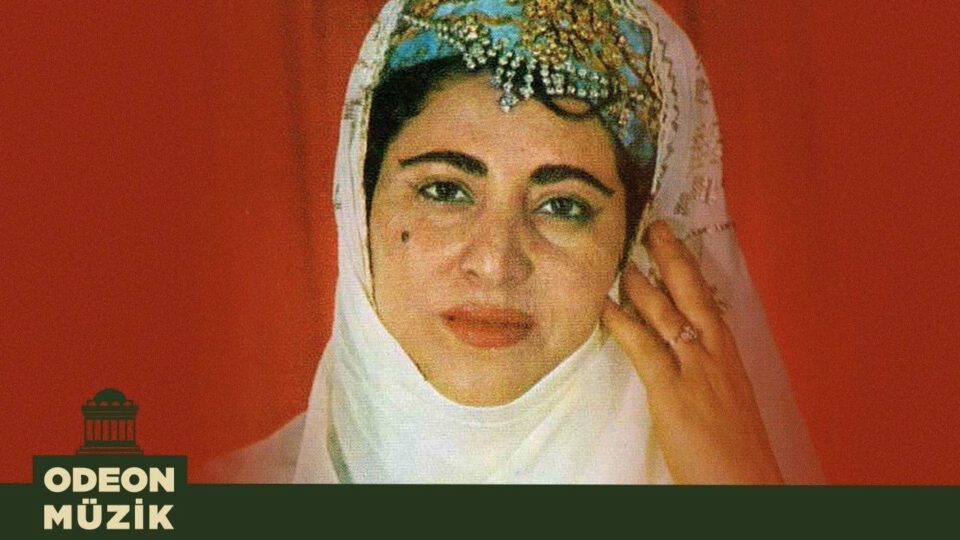The Kurdish Voice Whose Legacy Continues to Inspire
Born Aisha Osman in 1938 in Diyarbakir, the cultural heart of Northern Kurdistan, she would grow to become one of the most celebrated Kurdish singers of the 20th century, leaving behind a legacy that continues to inspire generations of artists and activists.
Aisha Shan’s musical destiny seemed written in the stars from birth. Her father, Muhammad Osman, was himself a singer, creating a household where Kurdish melodies and traditional songs filled the air. Her mother, Hajia Khanim, came from the distinguished tribe of Haji Mustafa Beg of Erzurum, connecting Aisha to the deep cultural roots of Kurdish aristocracy. This rich heritage would later influence her artistic expression, as she drew from centuries-old Kurdish musical traditions while infusing them with her own passionate interpretation.
Growing up in Diyarbakir during the tumultuous years of the mid-20th century, Aisha witnessed firsthand the struggles of the Kurdish people under various political regimes. These experiences would profoundly shape her worldview and artistic voice, transforming her from a young woman with a beautiful voice into a cultural ambassador for her people.
The year 1963 marked a pivotal moment in Kurdish musical history when Aisha Shan recorded her first album in Istanbul, featuring the haunting melody “Ez Xezalim” (I Am a Gazelle). This recording not only launched her professional career but also established her as a voice of Kurdish identity during a time when Kurdish culture faced significant suppression. The title track became an anthem, with its poetic metaphor of the gazelle representing the grace, beauty, and wild spirit of Kurdish women.
Her music transcended mere entertainment, becoming a form of cultural preservation and political expression. Through her songs, she kept alive the Kurdish language, stories, and traditions that were often marginalized or forbidden in public discourse. Known by various names including Aishan of Kurds, Aisha Khan, Aishana Osman, and Aishana Ali, she became a symbol of Kurdish resilience and artistic excellence.
Returning to Amed (Diyarbakir), Aisha chose independence over compromise, living alone and dedicating herself entirely to her art and her people’s cause. This period of solitude allowed her to develop her craft further, but it also meant facing the challenges of single motherhood and artistic pursuit in a conservative society.
As her fame grew, so did the scrutiny of her political positions. Aisha Shan’s music carried subtle but unmistakable messages of Kurdish pride and resistance, making her a target of political pressure. In 1976, facing increasing harassment and threats, she made the painful decision to migrate to Germany, joining thousands of other Kurdish intellectuals and artists in exile. Tragically, Aisha Shan’s voice was silenced in 1996 when cancer claimed her life.

